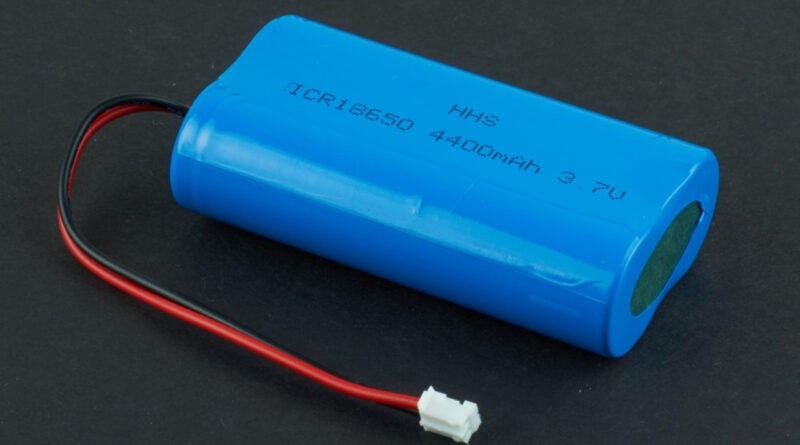There is no doubt that new medical devices and equipment are changing our lives for the better. With advancements in technology, it comes with a need to have reliable power, especially when it comes to batteries.
There are certain factors that one can consider when making the choice about which battery to purchase for their device. These considerations will make the decision much easier and you will be able to make an informed choice about what you choose to buy.
There are many medical battery manufacturers like Sunly out there, but which battery is best for your medical device?
Lead Acid Battery
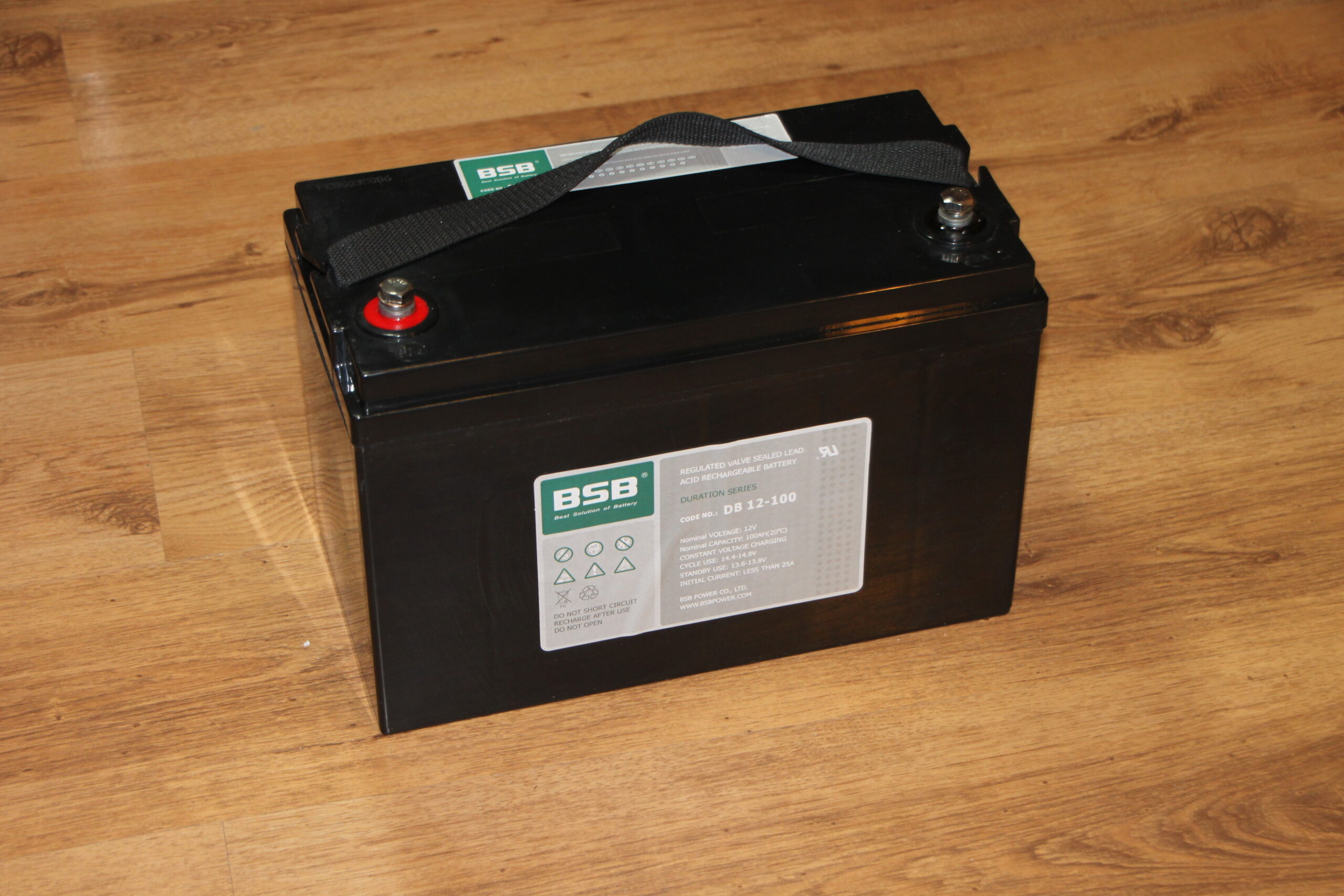
source: pinterest.com
Lead acid batteries are the most widely used type of battery on earth. They are also the cheapest type of rechargeable battery. Lead acid batteries can be used for a wide range of applications and are available in different shapes and sizes.
They come in six volts or twelve volts, but most often they are used with 12 volt systems because this is what most cars use.
These types of batteries are used for everything from golf carts to electric wheelchairs, forklifts, motorcycles and more. They have been around for years, so they have proven themselves to be very reliable in many situations.
The downside to lead acid batteries is that they have a shorter life span than other types of batteries such as lithium ion or nickel metal hydride batteries.
Nickel Cadmium Battery
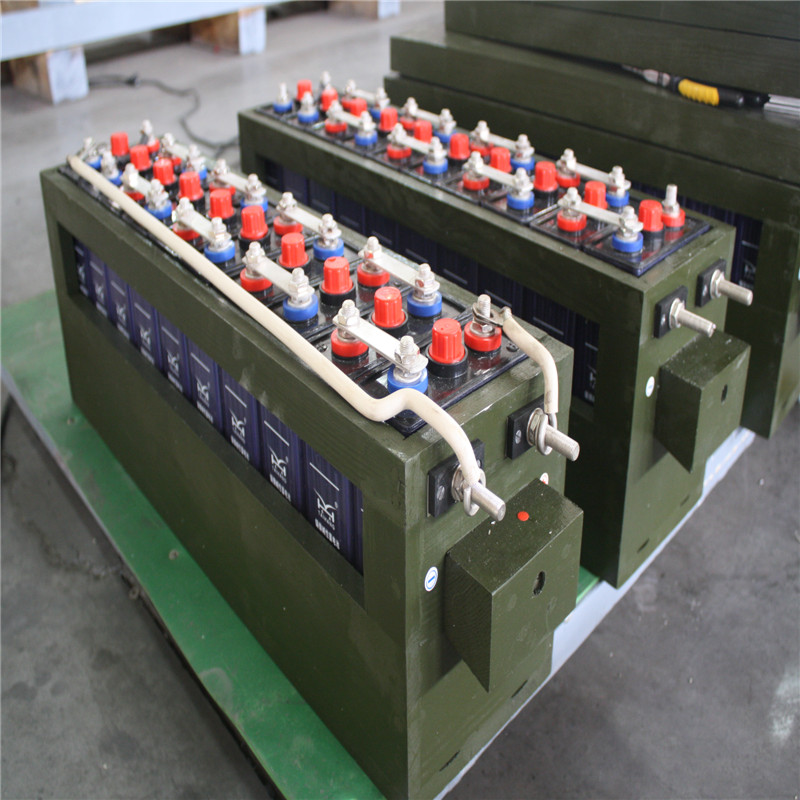
source: pinterest.com
Nickel Cadmium (NiCd) batteries are a type of rechargeable battery that has been used in medical devices for over 30 years. These batteries have proven themselves to be highly reliable and able to withstand a wide range of temperatures. You can also check out whether tesla powerwall is better than generac pwrcell.
NiCd batteries have a number of advantages over other types of batteries:
They have a long shelf life, which means you can store them without worry that they will lose their charge. Their discharge rate is slow, so they can be used in devices that require long-term use without losing power quickly.
They have a high rate of charge retention at lower temperatures, which makes them ideal for use in cold environments like refrigerators or freezers.
NiCd batteries are less expensive than other types of rechargeable batteries since they aren’t as complicated to manufacture. However, they do contain hazardous materials such as cadmium, which makes them a little more difficult to dispose of properly when they no longer work effectively.
Lithium Ion Battery
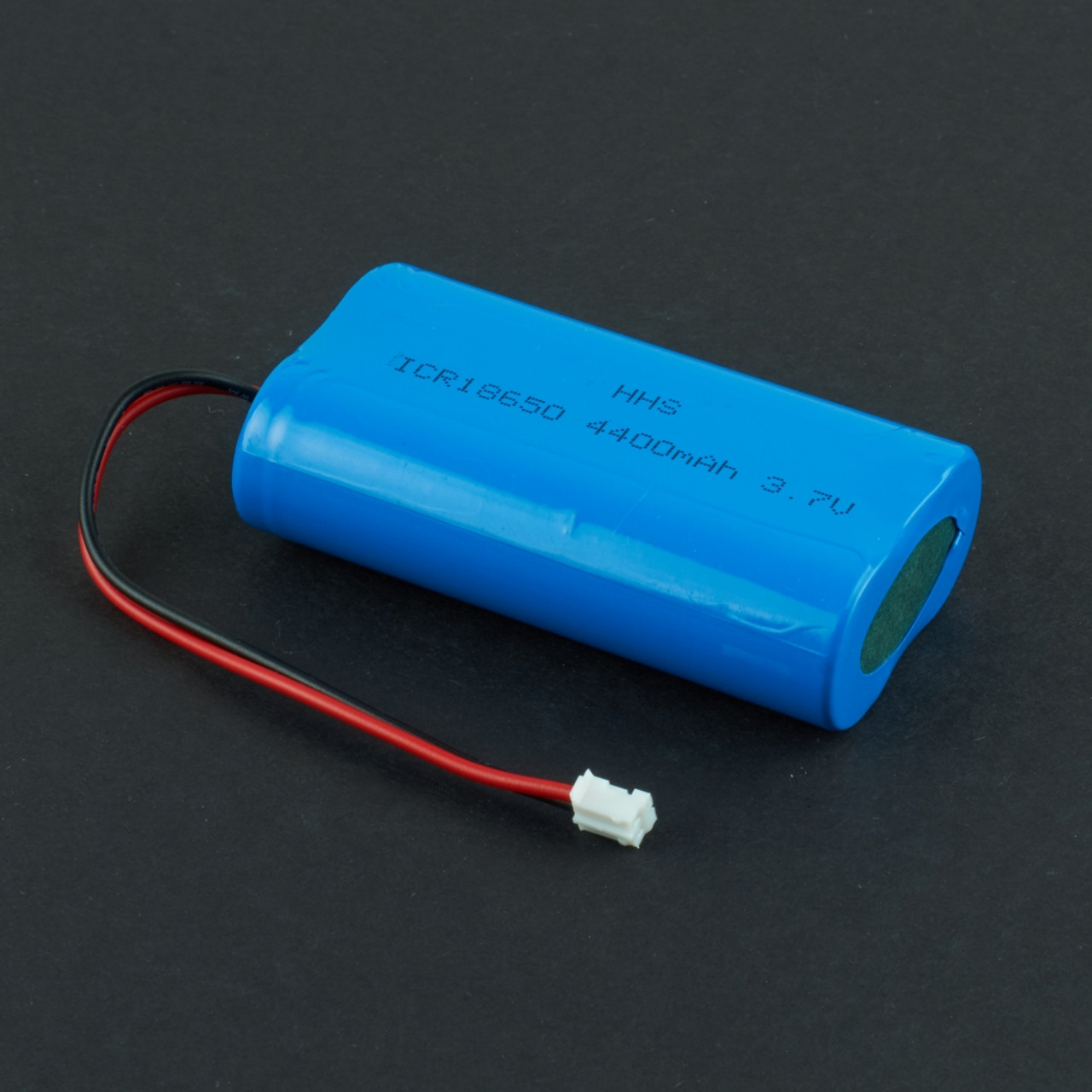
source: pinterest.com
Lithium ion batteries have been in use for decades, and they’re still the best choice for medical devices. They are rechargeable with a long lifespan and low maintenance requirements.
It can be used reliably for years without any degradation of performance. Lithium ion batteries can be charged over and over again without losing capacity or requiring replacement.
They don’t need to cool down between uses like other types of battery. This means that they can be used in a wider range of applications than other types of battery.
Lithium ion batteries are more efficient than other types of batteries because they don’t require as much power to charge up or discharge. The energy density of lithium ion batteries is higher than any other type of battery, meaning you can get more energy out of them per kilogram or per liter when compared to other types of battery technology.
Alkaline Batteries
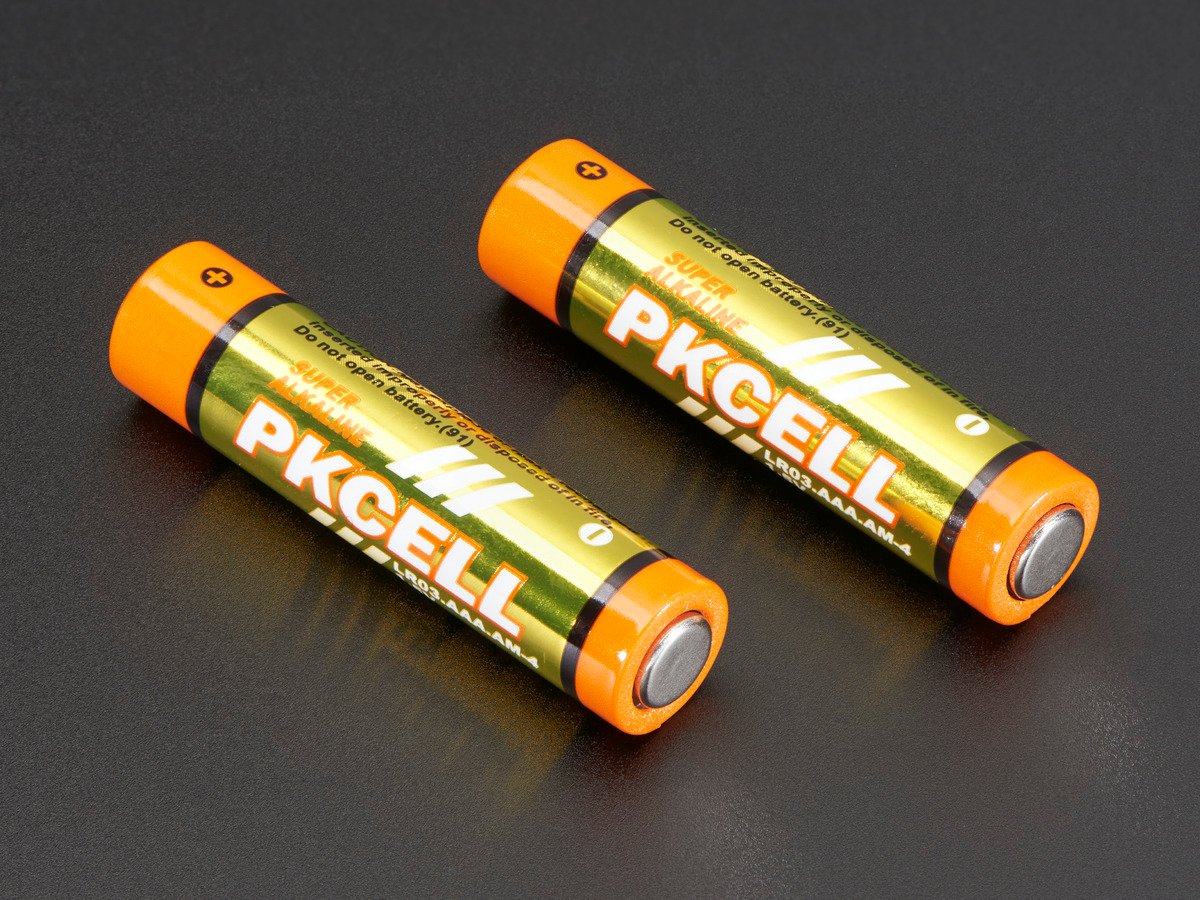
source: pinterest.com
Alkaline batteries are made from zinc and manganese oxide. They have a storage life of six to 10 years, which makes them ideal for devices that don’t get used often. More importantly, they can be stored for long periods of time without losing their charge.
Alkaline batteries are also more environmentally friendly than other types of batteries because they do not contain any toxic materials or heavy metals like mercury, cadmium, lead or zinc chloride. They are also recyclable which reduces waste and prevents pollution from occurring when used properly.
The trick with alkaline batteries is that they don’t have a memory effect like lithium or rechargeable batteries do. This means you can use them with any device without worrying about overcharging or damaging your device’s circuits because of improper charging or overuse.
Lithium batteries are more expensive than alkaline ones but have a longer lifespan and can be recharged more than once before they need replacing. The downside is that they have a higher risk of catching fire if exposed to moisture or high temperatures.
Carbon Zinc Batteries
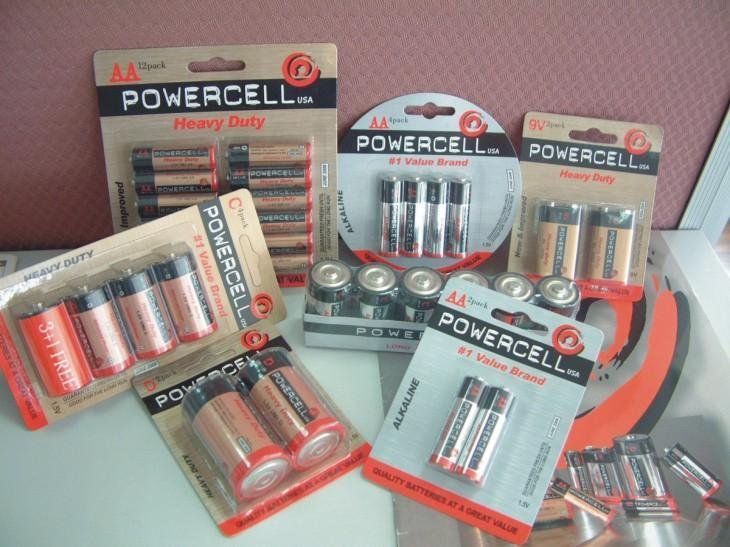
source: pinterest.com
If you are looking for the best battery for your medical device, you should consider carbon zinc batteries. These batteries are known to have a very long shelf life and can be stored for up to years without losing their performance. You may also use these batteries in emergency situations when you need to power your medical device on the go.
Carbon zinc batteries are ideal for powering small devices such as blood glucose meters, blood pressure monitors and IV pumps. The main advantage of using carbon zinc batteries is that they do not require maintenance or recharging when they are used on a regular basis.
The energy density of a battery is the amount of energy stored per unit weight or volume of the battery. The higher the energy density, the longer the battery will last before needing recharging or replacement. Carbon zinc batteries have one of the highest energy densities among all types of commercial cells available today.
Conclusion
The above battery may seem like a pretty big investment, but when you consider that you’ll likely need to replace your battery once every couple of years anyway, it doesn’t seem so bad.
Whenever you use a medical device, battery life and functionality are two concerns that must trump all others. Medical devices are not luxury items that you can choose to live without; they’re essential for your day-to-day quality of life (and, in some cases, continued survival.)
Put another way, if your battery dies or malfunctions at a critical moment, your entire family might pay the price. Don’t take that chance when there’s so much good medical device batteries available today.

